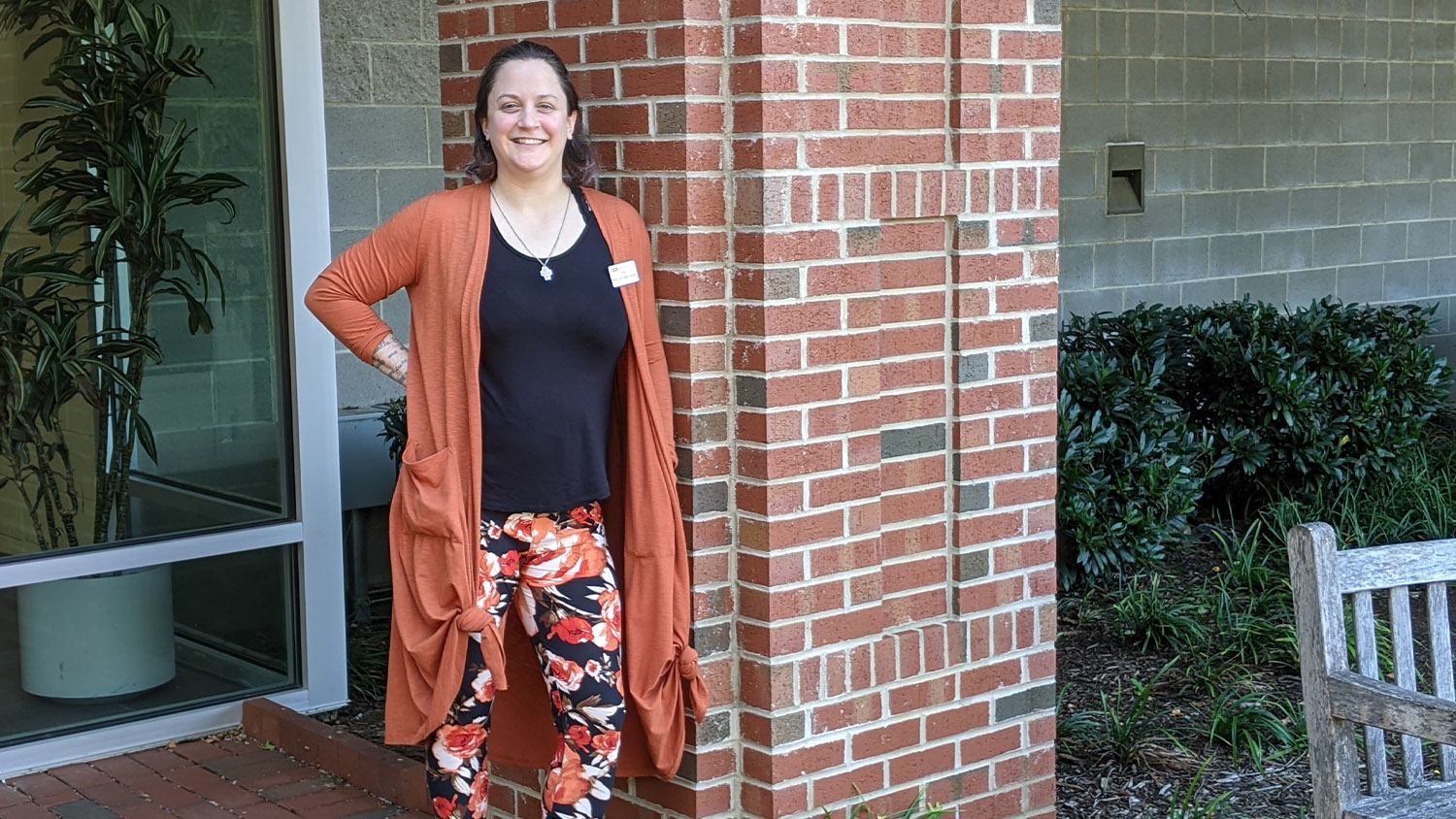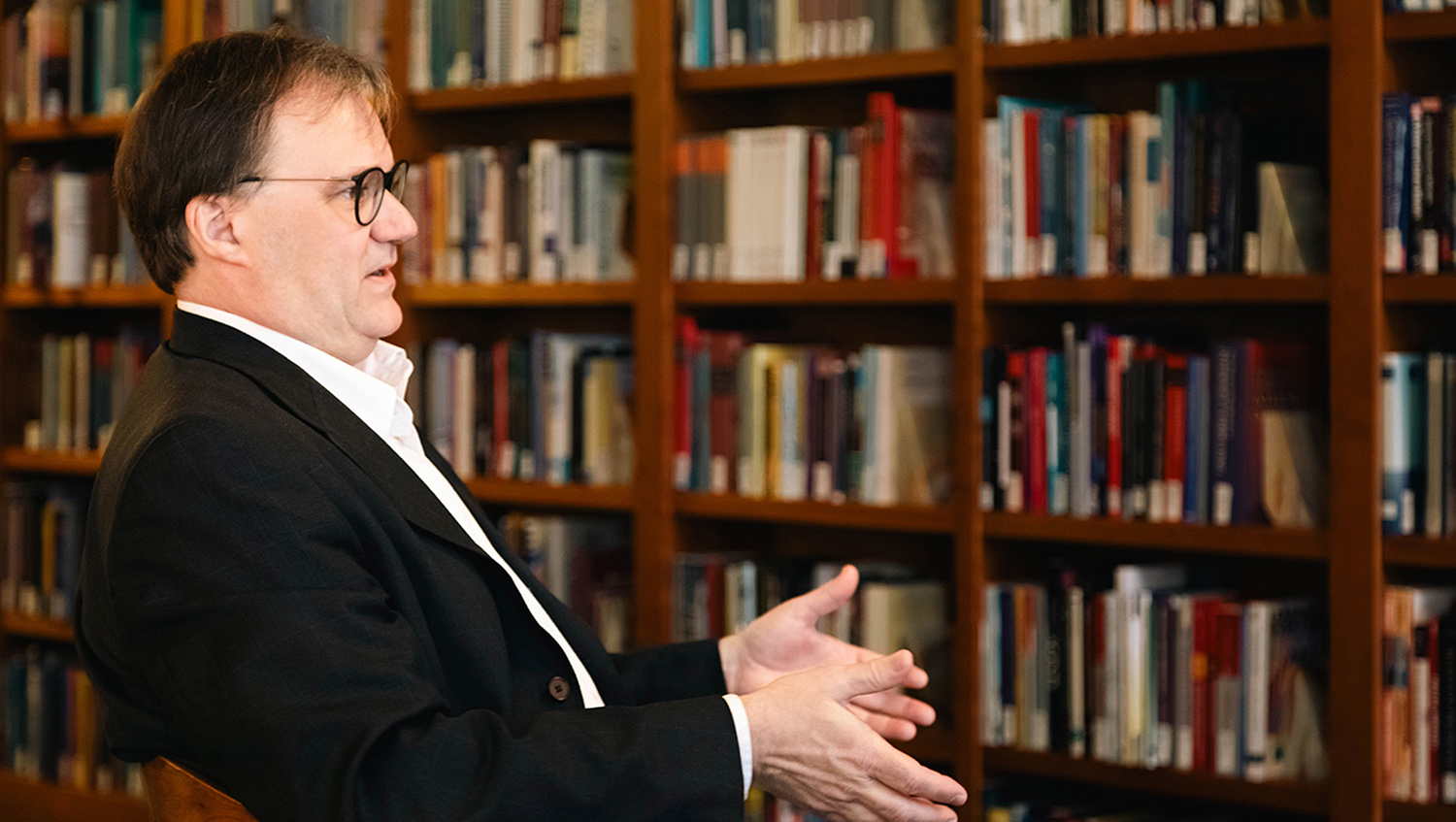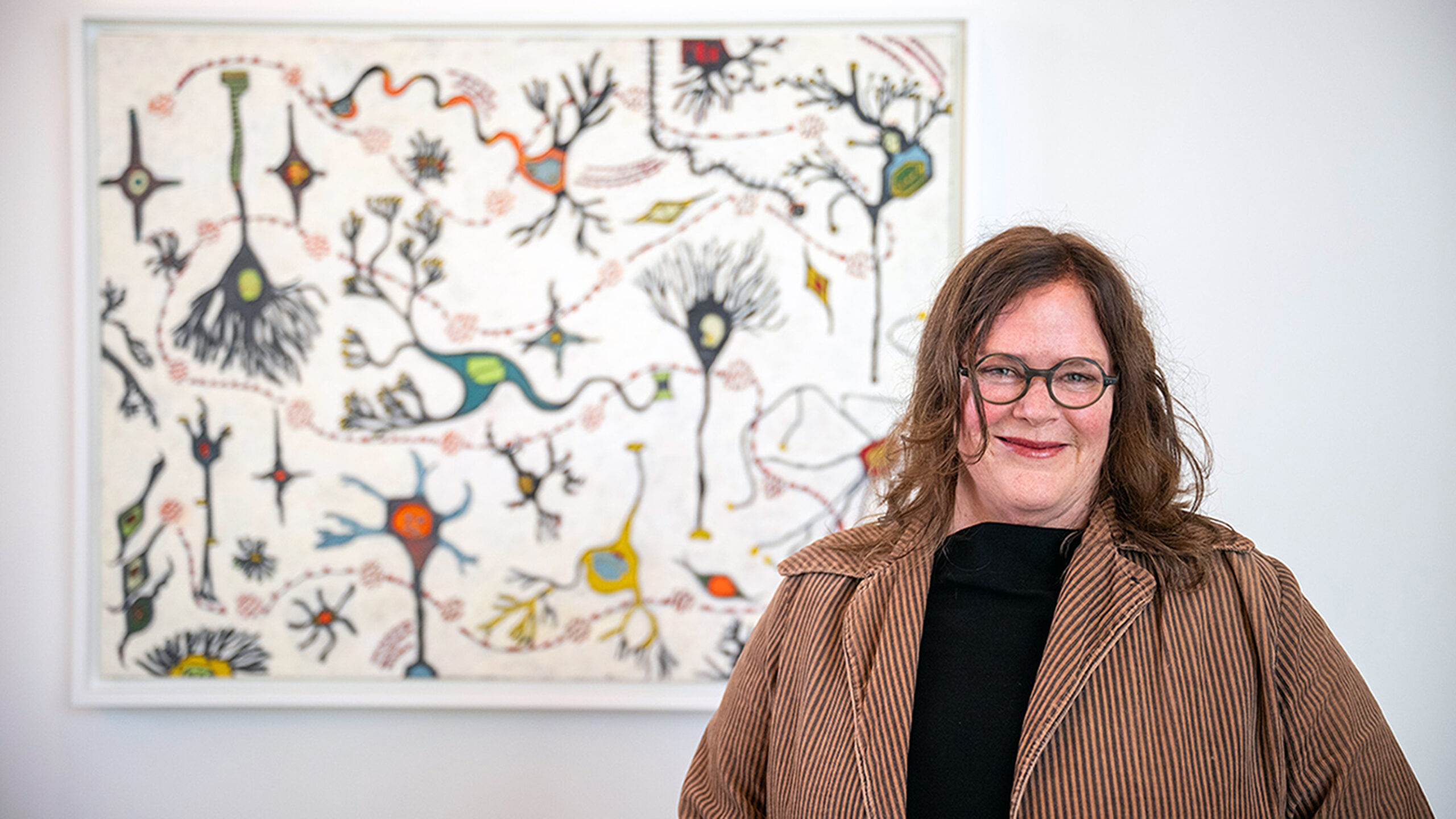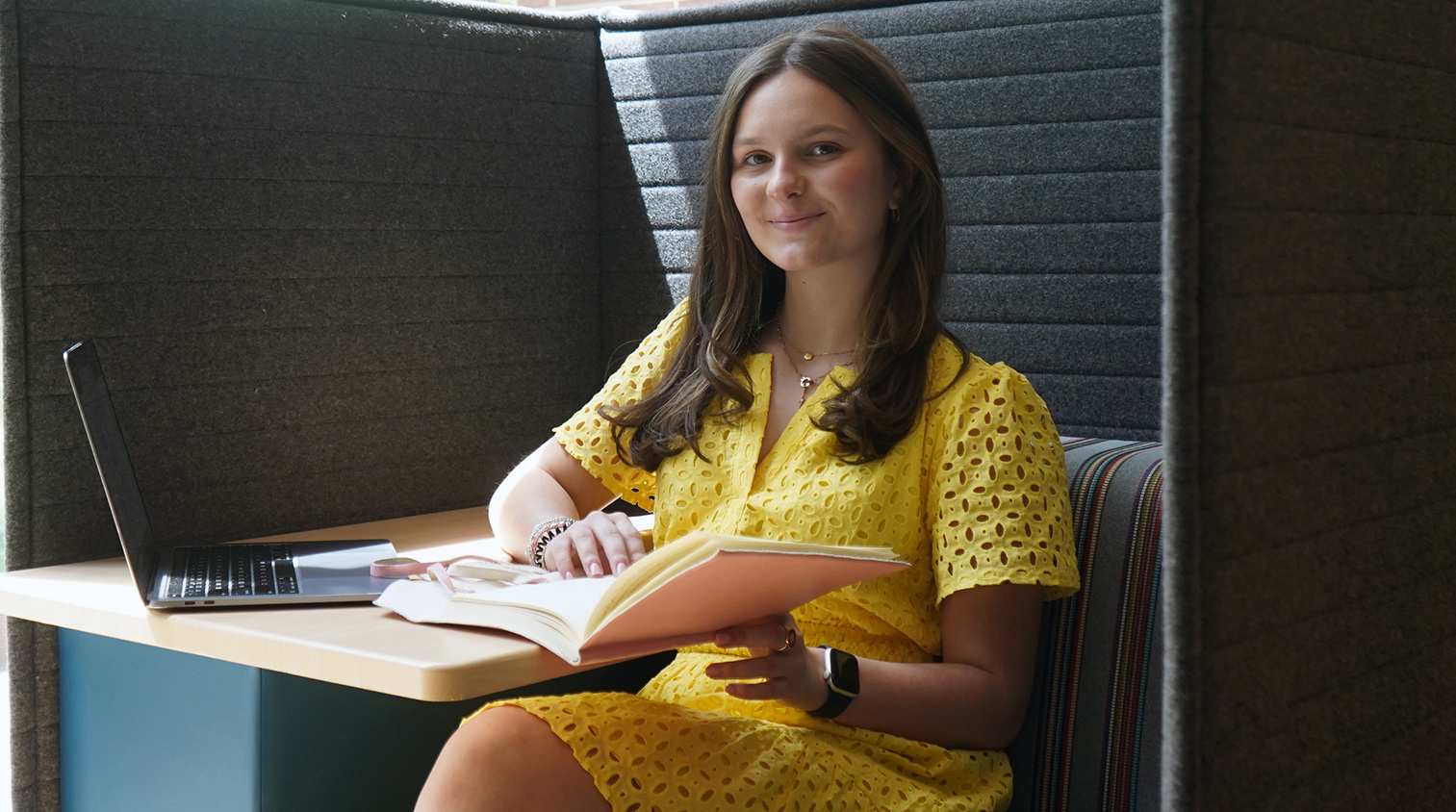During her service in the U.S. Marine Corps, Trista Acebo had many impactful experiences. However, one that stands out the most happened on a seemingly typical day on patrol in Afghanistan.
“A father and his daughter came to the patrol base that I was working at and his daughter recognized my partner and I,” Acebo recalled. “Her face lit up and she actually let me braid her hair. The language barrier was there, but that human connection was still there.”
Helping people and bridging cultural gaps is something Acebo has always wanted to do. But it was that experience, along with her other interactions with the people of Afghanistan and Iraq, that convinced Acebo to later attend college and study the Arabic language.
Worldly Experiences
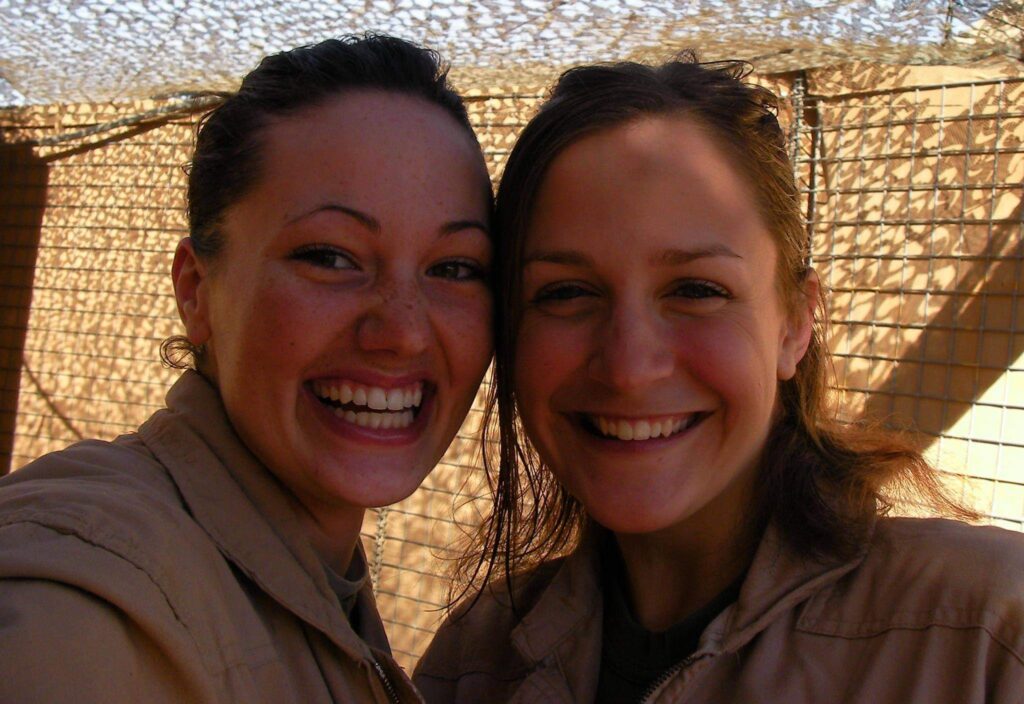
Acebo enlisted in the Marine Corps shortly after she graduated from high school. She was first stationed in Okinawa, Japan as an ammunition technician, and then sent to Iraq in the same role for Combat Logistics Battalion 4. That’s where she also joined the Lioness Program, a predecessor of what is now called Female Engagement Teams. These female Marines are stationed at military checkpoints and assist in searching women and children for dangerous contraband, but also work to bond and build relationships with the local population.
“The culture over there does not let the women be touched by any man who is not of their family, so having female servicewomen there to assist in these searches was helpful in being cognizant of the local customs and helped with the tasks at hand on the deployment,” Acebo explained. “Being able to converse with the local population was exciting for me as it allowed me to interact with a culture that was not my own, albeit under circumstances where I had to search the women coming through the checkpoints where I was stationed.”
After four years of active duty, Acebo returned to her hometown in Vermont for a brief time before re-enlisting for several more years as a reservist in the Marines. This time, her work took her to Germany and Afghanistan, where she continued her work on the Female Engagement Teams.
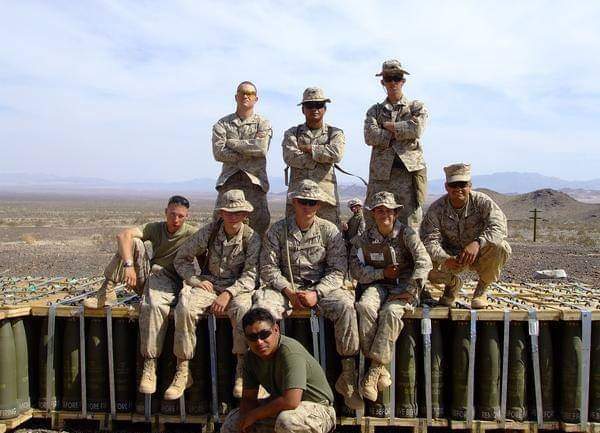
It was through her work in the Lioness Program and Female Engagement Teams that led Acebo to her current majors in Arabic and media communications at NC State.
“The main reason for my interest in wanting to learn Arabic here at NC State is that I needed a linguist or a translator with me in Iraq and Afghanistan,” Acebo said. “I had to take it at face value that what they told me was the truth, and I want to be able to converse with someone in Arabic and fully understand what the other person is saying without having a third party assist me with that.”
Transitioning to College
After her second tour of duty in the Marines, Acebo returned stateside and earned her associate’s degree in liberal studies from the Community College of Vermont. She then moved to Raleigh, where her boyfriend convinced her to use her GI bill and continue her education.
From the moment Acebo even decided to transfer to NC State, Military and Veteran Services (MVS) has assisted her every step of the way.
“I was worried I wasn’t going to have enough time to register and do everything I needed to get done before the semester started, but they were able to help calm me down and help walk me through all of the steps to make sure I was ready to go,” she said. “It was amazing to have that support from the get go as I started this massive journey of entering college, which as a veteran is a little bit daunting.”
Since arriving at NC State, Acebo has started helping other veterans enroll in and understand their benefits through her work study job with MVS. She also advocates for student veterans like herself through MVS’s Green Zone Trainings, which help faculty and staff get a better understanding of veterans’ transition to college and how they can support them in their academic pursuits.
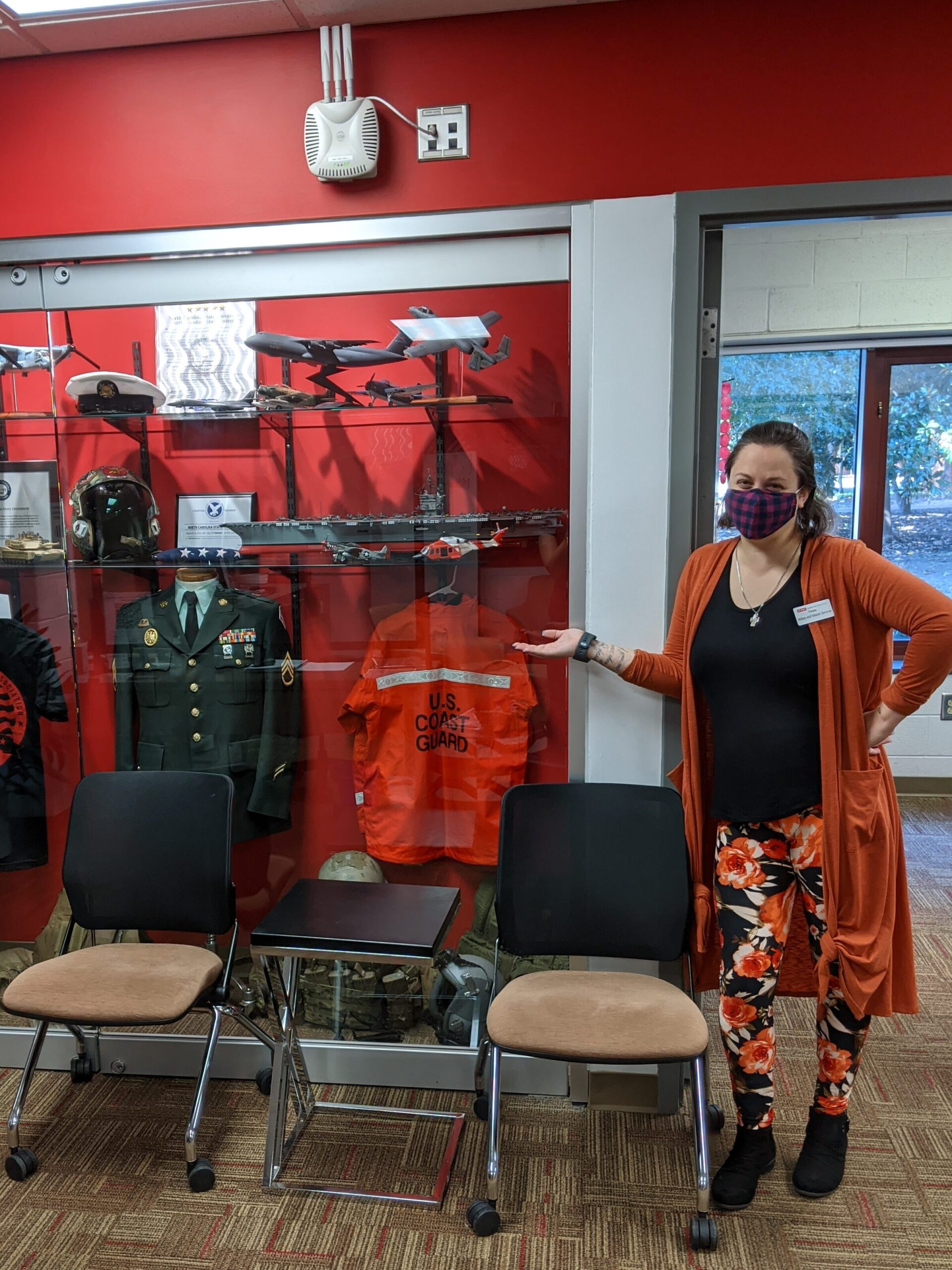
“We come with different perspectives and life experiences, and we lean on those a lot in the classroom,” Acebo said. “We tend to ask lots of questions because in the military we have to be so detail-oriented. Sometimes we also do things like standing up in class so that we don’t fall asleep. It doesn’t mean that we’re not paying attention. It’s just something that we’re taught in the military that if you start falling asleep, you should stand up to regain your focus. So, there’s lots of little differences that some people may or may not be aware of.”
Being highly adaptable is another skill Acebo has incorporated into life as a student. Before the spring semester and the spread of the COVID-19 pandemic, she had never taken — nor had any desire to take — online classes.
“I didn’t feel like I had the discipline to actually do it, so I had never signed up for any online classes before,” Acebo said. “But being thrown into it has actually been a bit of a blessing in disguise, at least so far, because I’ve been able to show myself that I’m actually able to do the courses and could do it again in the future if need be.”
One of Acebo’s other initial concerns about taking online classes was learning Arabic and practicing her conversation skills in a virtual setting. Fortunately, she has a great support group in NC State’s Arabic Club, for which she serves as the social media and community outreach chair. She has also been working along with the group’s executive board to begin a speaker series this fall.
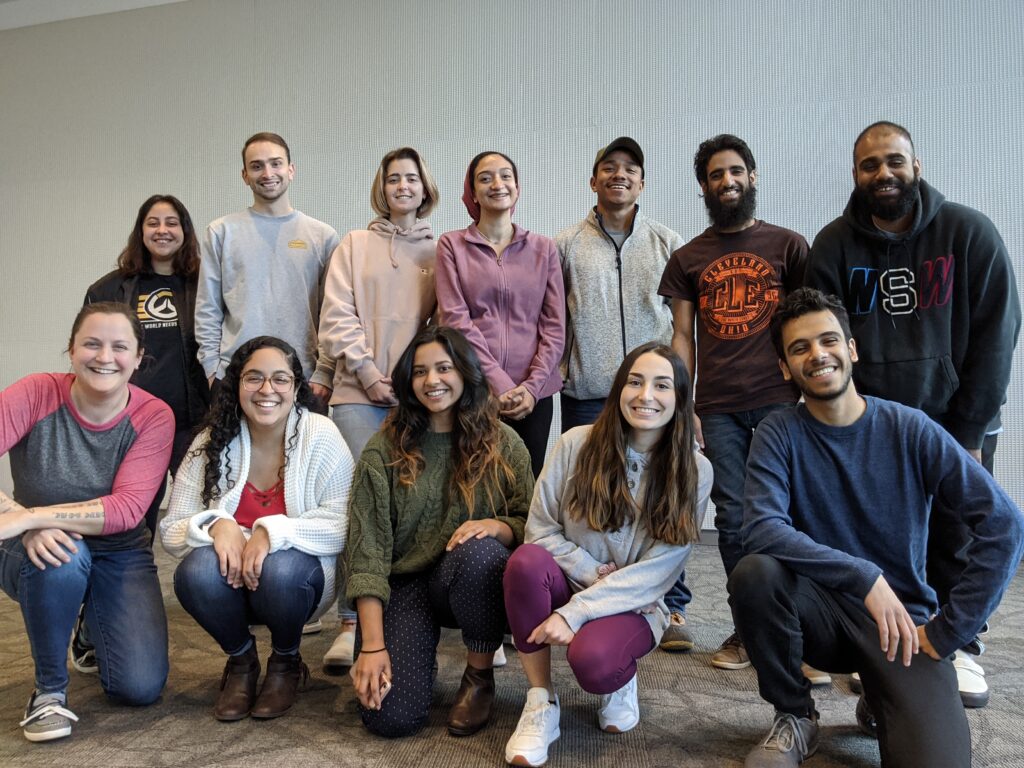
Acebo has excelled academically so far at NC State, and her hard work has not gone unnoticed. She was accepted into the SALUTE national honor society for veterans as well as the transfer student honor society. In addition, Juliann Kasza Breeden, coordinator for MVS, noted that “Trista has been a great help to our office and staff, and is always a friendly face to greet students and assist with any questions they have, making them feel welcome.”
After she earns her degrees from NC State, Acebo hopes to pursue a career in communications or as an Arabic translator with the U.S. government or military.
“I want to do something that allows me to keep interacting with people and draw on my experiences,” Acebo said. “Overall, I just want to help people, so hopefully something that allows me to do that.”
This post was originally published in DASA.
- Categories:
